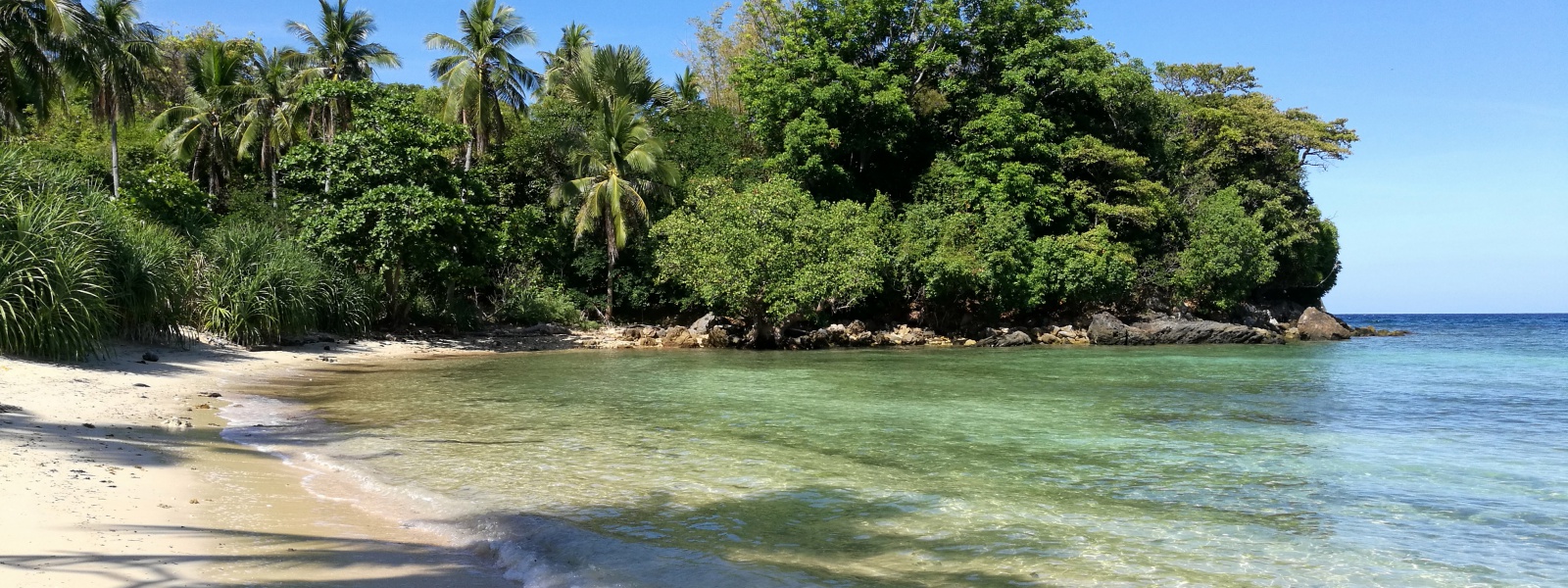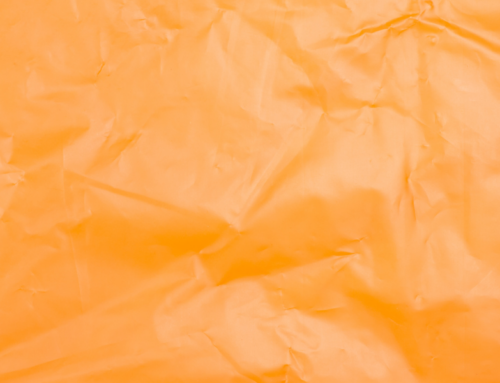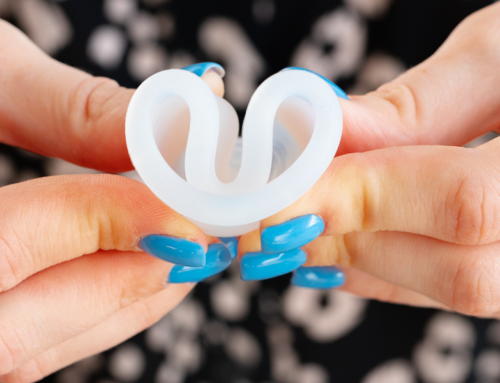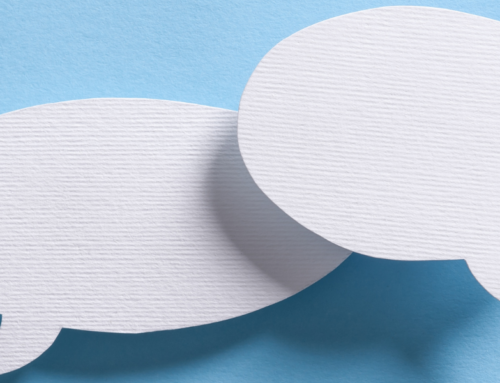You’ve probably heard about the increasing popularity of menstrual cups in the Philippines and around the world, as well as the fact that many of those who have made the switch are into traveling.
Now, you may be wondering: What is with these little cups that make them so appealing to those who love to travel? How can menstrual cup use make a difference in one’s trips, anyway?
To enlighten you, we’ve come up with a list of how a Sinaya Cup can help you achieve your travel goals.
You no longer have to carry space-consuming pads and tampons
One of the most challenging things about traveling while on period is having to carry all the period products you are going to need throughout the trip, especially when visiting remote areas where the said products may not be readily available.
Besides occupying space that could have been allocated to other stuff, these products can also add to the weight you need to carry to your destination of choice.

However, if you switch to Sinaya Cup, you won’t have to worry about this anymore. That’s because one menstrual cup is enough for you to get through your entire period.
All you need to do is sterilize your cup before your flow begins. You may also soak it in hot water and wash it with clean water and mild oil-free soap after you empty it or before reinsertion.
You can move freely
A lot of people also feel very constricted whenever their periods would coincide with their trips. It just feels icky, almost making it impossible for them to enjoy.
Thoughts of having leaks often spoil the fun, so instead of moving freely, they make calculated moves.

With a Sinaya Cup, though, you no longer need to overthink your period—even when you are traveling.
You can do whatever you want. Island hopping? No problem! Hiking? Why the hell not?
You can wear whatever you want
Travel OOTDs while menstruating? Sure!
Another great thing about switching to a menstrual cup is you can be more liberal when it comes to your outfits even when you’re on your period. That’s because a menstrual cup is inserted inside the vagina and doesn’t have any string that is visible outside.
It means that no one will ever have a clue that you are actually bleeding. And, leaks can be avoided, as long as the cup is properly worn.

So, by all means, pack those string bikinis and white beach dresses. Yes, you can wear them to the beach even as you menstruate.
You can enjoy fewer bathroom breaks
Another thing that makes periods really hard to manage is that you need to change the period products you are using often to avoid leaks and complications like toxic shock syndrome. And yes, this can be difficult, especially if you are traveling and have no access to clean bathrooms all the time.

This isn’t much of a problem if you are using a menstrual cup, though. A cup can last inside your body for up to 12 hours, as long as your flow is not too heavy.
It’s good for your travel destinations
Mindfulness is something each traveler has to have when visiting places anywhere in the world. This means that each individual should respect not only a destination’s culture and its people but also the place itself.
Taking care of the environment should be a priority, definitely. No trash should be left, including used period products like sanitary pads and panty liners.

But how you are going to dispose of them, anyway?
Well, the rule is to simply dispose of the trash properly by putting them in the designated garbage bins. If there is no such thing in the area, like in the case of some mountaintops and campsites, you need to take all the trash with you and wait until you find a proper trash bin to throw them into.
This sounds like a lot of work for some, but it’s the only way to ensure the cleanliness of the surroundings.
Yet, if you own a menstrual cup, this won’t be a problem anymore. Since a cup is reusable for two to five years, you can have periods without producing a lot of trash.
Period management may not be the most fun thing to do, but it doesn’t have to be so bad. One good way of making it suck less, of course, is by choosing the right period solution for you.
If you are experiencing more complex symptoms that may have been making your period a lot more difficult to deal with, it’s best that you consult with a doctor.







